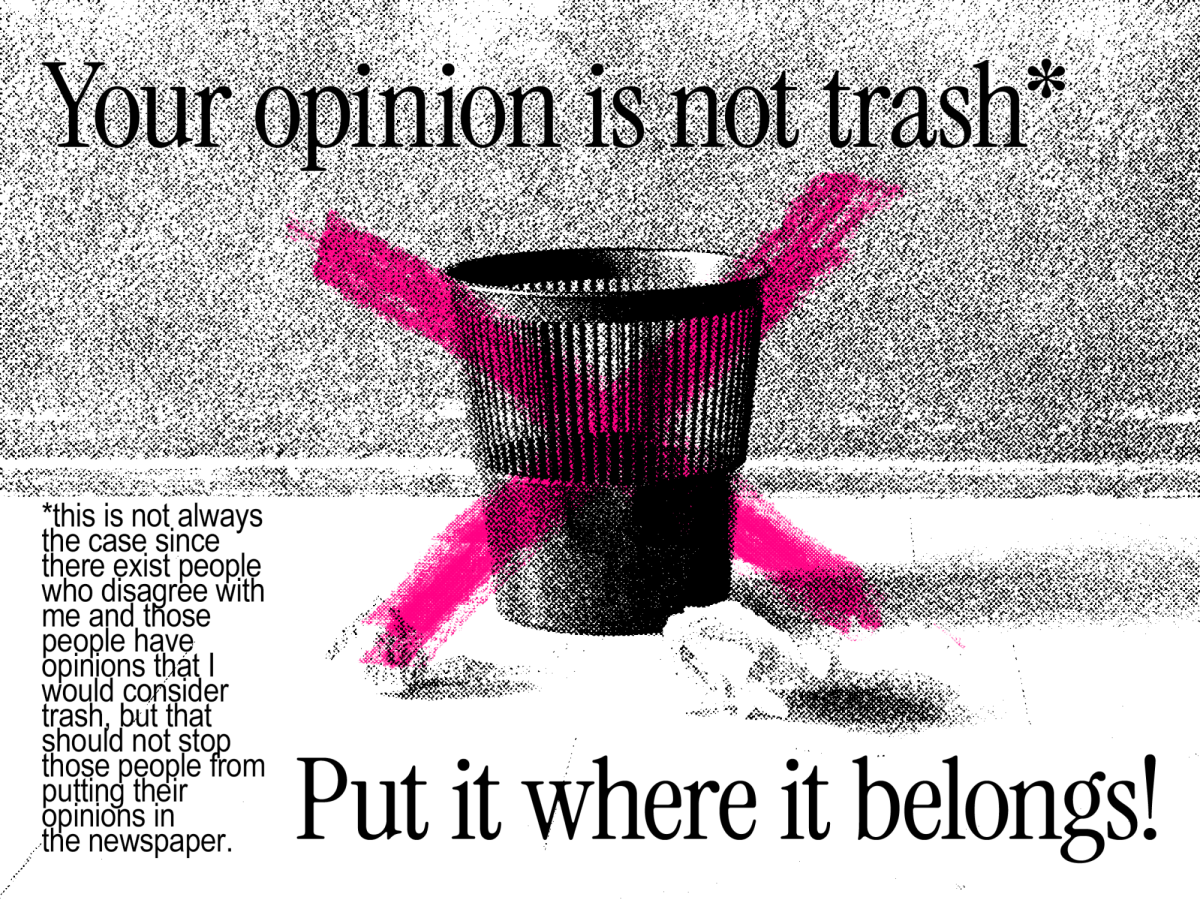As university students, we occupy the liminal space between influence and impression. In the classroom, we take in, and on campus, we give. We maneuver between a student, an employee, a boss, a student leader, an activist. Students on our campus undertake so much, but it is not unusual to feel, at times, that our labors do not invoke a reaction. If we have learned anything in the months—and now years—following the 2016 election, it is that our actions, or our inactions, have effects.
The Spectator’s responsibility is to report on the Seattle University community and our work is embodied in the paper that hits the stands every week. Student clubs and campus organizations that spark conversations and change also occupy space in our pages. The feature story this week deals with the work of Sustainable Student Action and their push to make Seattle U divest from fossil fuel companies, an achievement six years in the making. The global issue of climate change is localized in a collective student passion, and those concerns were reflected in the interest of the Board of Trustees. The students’ voice was heard by those that had the power to make a lasting decision.
National coverage and issues have broken into the conscious of our campus, our students, our faculty and our staff with an immediate closeness in the last few years, and our paper has thus adapted.
Brett Kavanaugh was confirmed over the weekend for a lifetime appointment to the Supreme Court. His confirmation process captivated the nation with its emotional Senate hearings—including a testimony by Dr. Christine Blasey Ford, who accused Judge Kavanaugh of sexually assaulting her in high school. Reliving her assault on the Senate floor, her testimony recounted an experience known by many and heard by the nation, filtering into a collected consciousness in light of recent events. With the testimony and investigation, Kavanaugh was confirmed to the highest court in the land by a 50-48 margin, the smallest margin since 1881. Millions of constituents were ignored and invalidated by the Senate confirmation. Dr. Ford’s efforts, however, are not invalidated just because the Senate did not believe, or care, of her testimony.
An alleged rapist on the Supreme Court should not be a political issue, but it is. The newspaper is not an inherently political device, but it occupies a democratic space as an agent of free speech and as a tool for the people to speak. The values of this community have a voice in this paper, whether those values are reflected by higher-up and elected officials. It is our job to report on the lived experience of the thousands of people in the Seattle U community, and sometimes those experiences inhabit a politicized sphere. New readers, this is your paper, and old readers, your time on this campus is almost complete.
We can feel the cultural tide turn, see progress in a collective strive for equality, visibility, and unity, but we cyclically return to the realization that we have a long way to go. Our process as an editorial board keeps this evolution in mind, and with this new year we gain a fresh take on a persisting challenge.
– The Spectator Editorial Board




